A new study has raised warnings about 'dark comets' which are hard to detect and could pose a terrible threat to Earth.
Nearly invisible “dark comets” may have been responsible for bringing much of the water found on Earth to our planet ages ago. However, they could also pose a very terrible threat to Earth, according to new research. The study in question is currently accepted for publication in the journal Icarus and is available on the preprint server arXiv right now. These comets are often small and spin rapidly while they wander close to Earth. They typically migrate from other parts of our solar system.
And, since they are so hard to spot, that means they can come very close to Earth without us realizing it—potentially even hitting Earth before we have a chance to do anything to stop it. The real kicker with these space rocks is that they behave both like asteroids and comets. Dark comets don’t seem to show any signs of outgassing or the evaporation of volatile elements. However, they also don’t move in the usual perfect orbits we’re used to with larger, more traditional comets, either.
United States Latest News, United States Headlines
Similar News:You can also read news stories similar to this one that we have collected from other news sources.
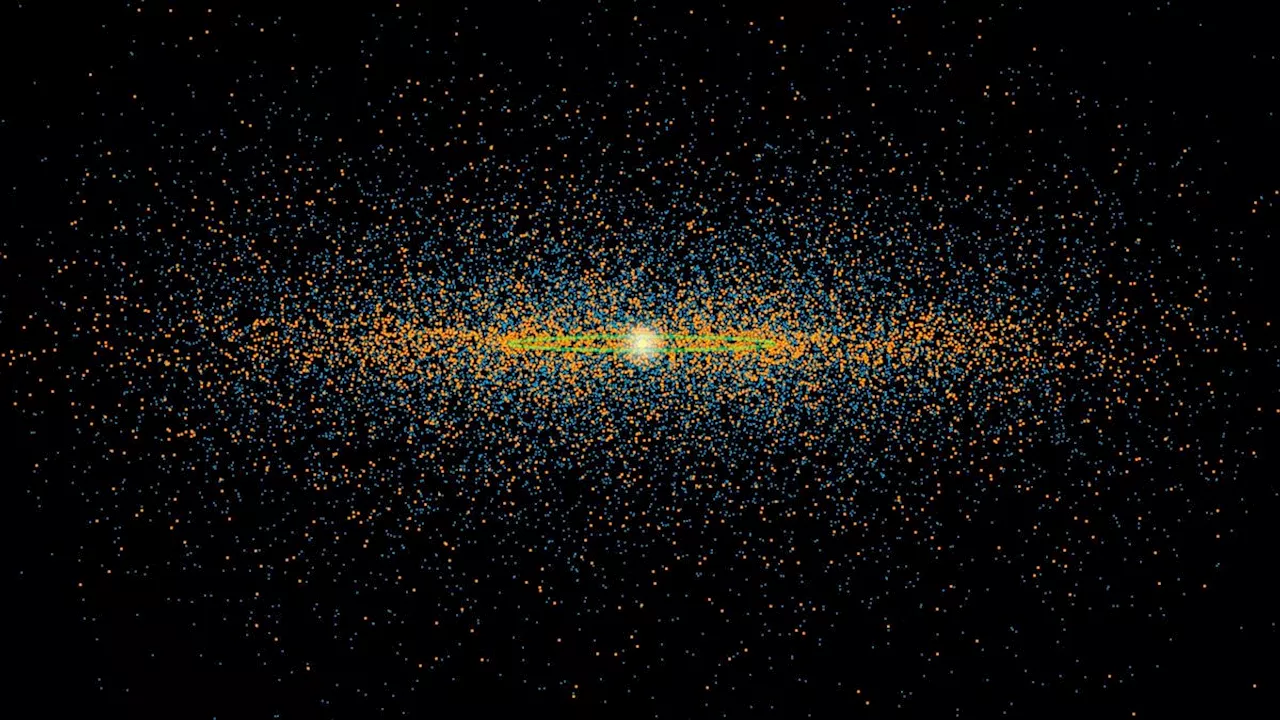 'Dark comets' may be a much bigger threat to Earth than we thought, new study warnsPaul M. Sutter is a research professor in astrophysics at SUNY Stony Brook University and the Flatiron Institute in New York City. He regularly appears on TV and podcasts, including 'Ask a Spaceman.' He is the author of two books, 'Your Place in the Universe' and 'How to Die in Space,' and is a regular contributor to Space.
'Dark comets' may be a much bigger threat to Earth than we thought, new study warnsPaul M. Sutter is a research professor in astrophysics at SUNY Stony Brook University and the Flatiron Institute in New York City. He regularly appears on TV and podcasts, including 'Ask a Spaceman.' He is the author of two books, 'Your Place in the Universe' and 'How to Die in Space,' and is a regular contributor to Space.
Read more »
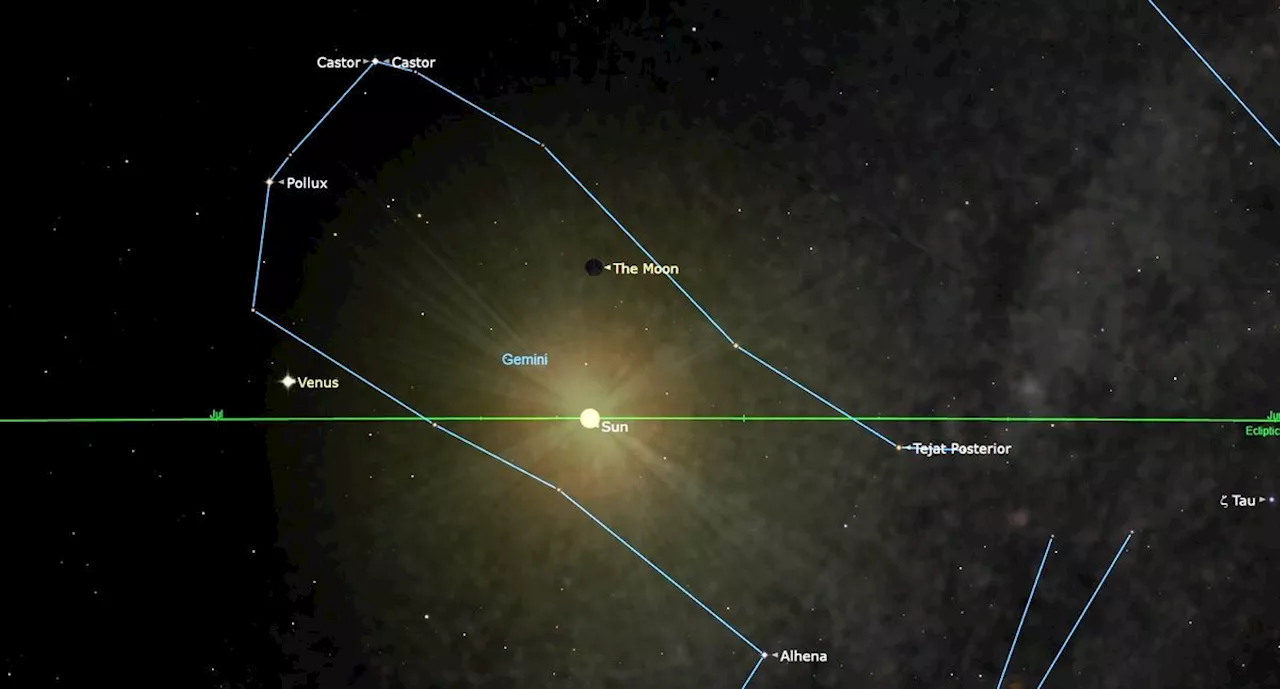 New moon of July 2024: Dark skies tonight as Earth is farthest from the sun todayJesse Emspak is a freelance journalist who has contributed to several publications, including Space.com, Scientific American, New Scientist, Smithsonian.com and Undark. He focuses on physics and cool technologies but has been known to write about the odder stories of human health and science as it relates to culture.
New moon of July 2024: Dark skies tonight as Earth is farthest from the sun todayJesse Emspak is a freelance journalist who has contributed to several publications, including Space.com, Scientific American, New Scientist, Smithsonian.com and Undark. He focuses on physics and cool technologies but has been known to write about the odder stories of human health and science as it relates to culture.
Read more »
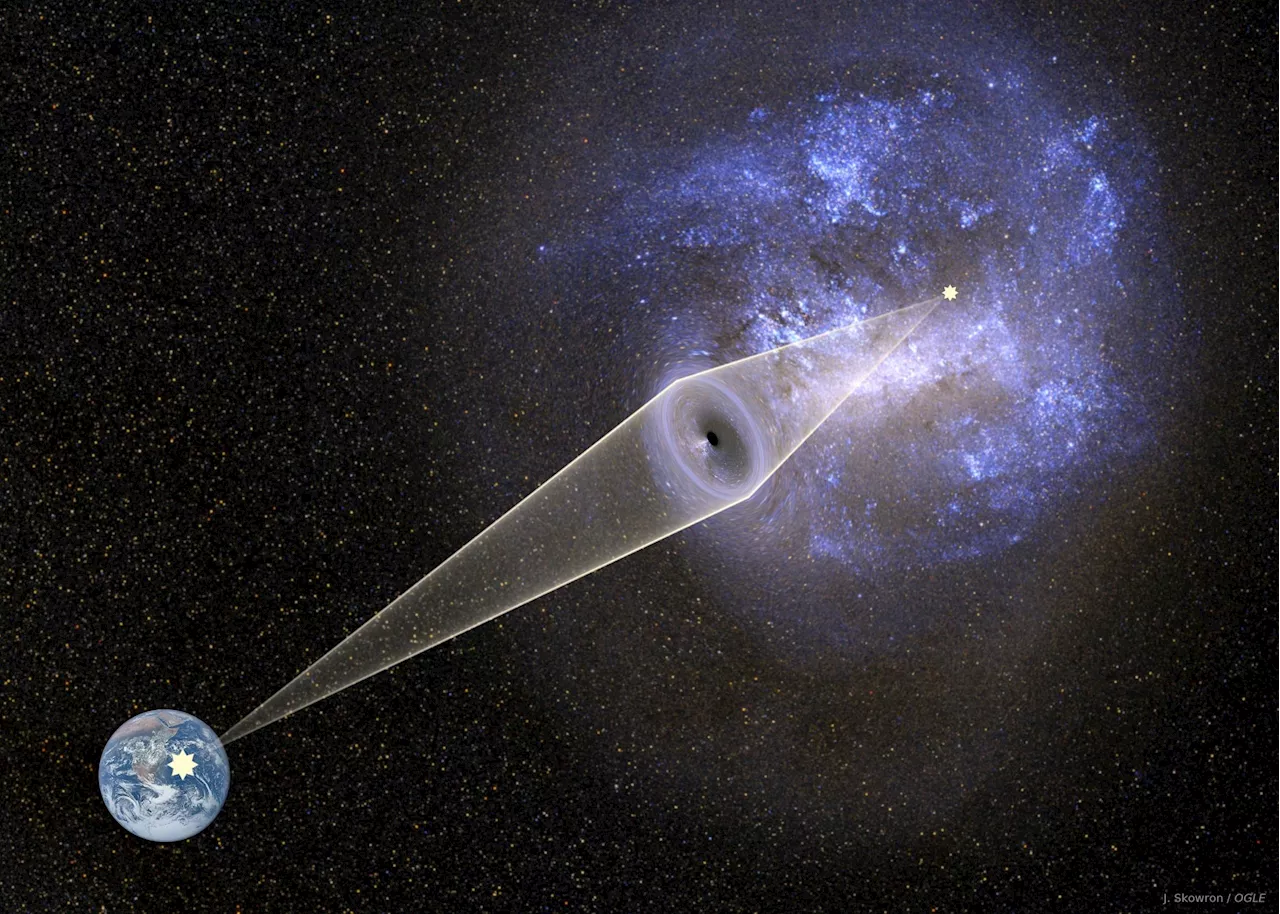 Black Holes and Dark Revelations: Gravitational Waves Provide New Clues to the Composition of Dark MatterScience, Space and Technology News 2024
Black Holes and Dark Revelations: Gravitational Waves Provide New Clues to the Composition of Dark MatterScience, Space and Technology News 2024
Read more »
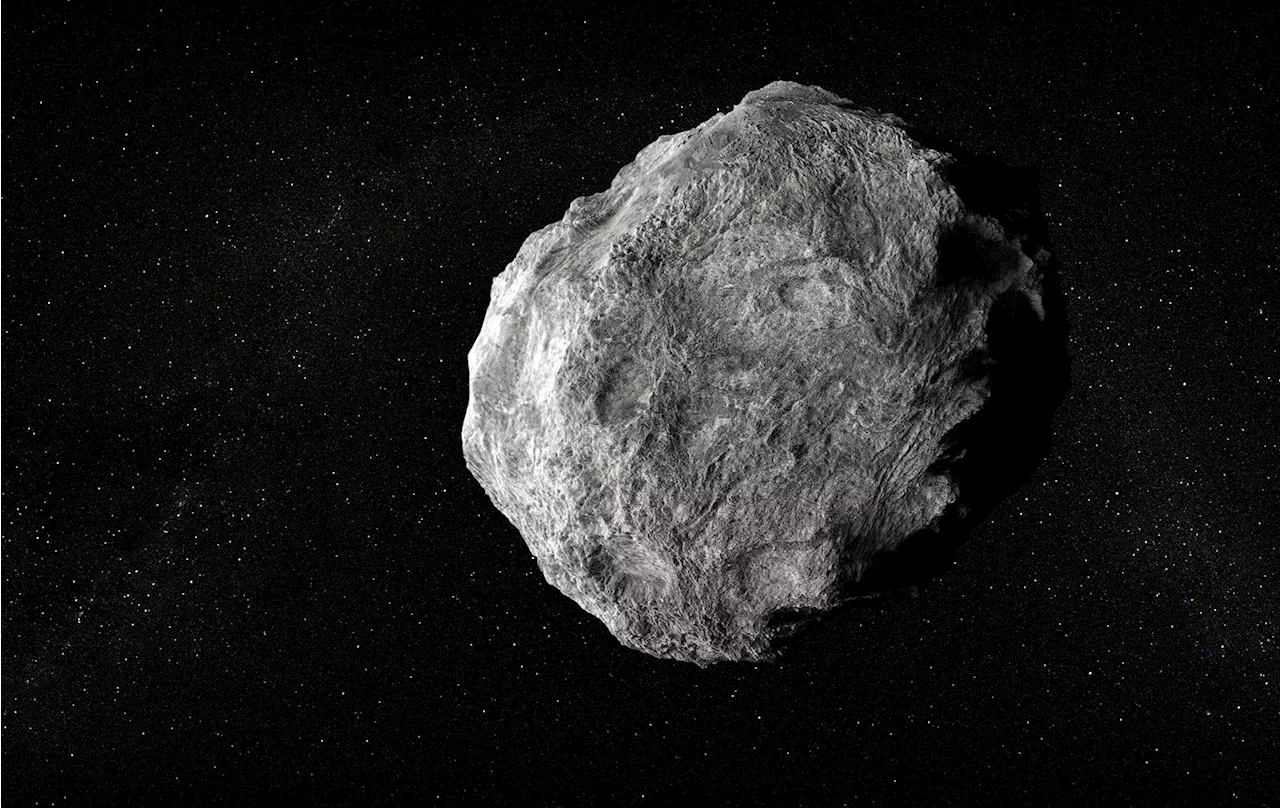 An asteroid larger than 99% of near-Earth asteroids will pass Earth this weekTwo asteroids will pass Earth back-to-back this week, just in time to celebrate Asteroid Day 2024. Here's what we know.
An asteroid larger than 99% of near-Earth asteroids will pass Earth this weekTwo asteroids will pass Earth back-to-back this week, just in time to celebrate Asteroid Day 2024. Here's what we know.
Read more »
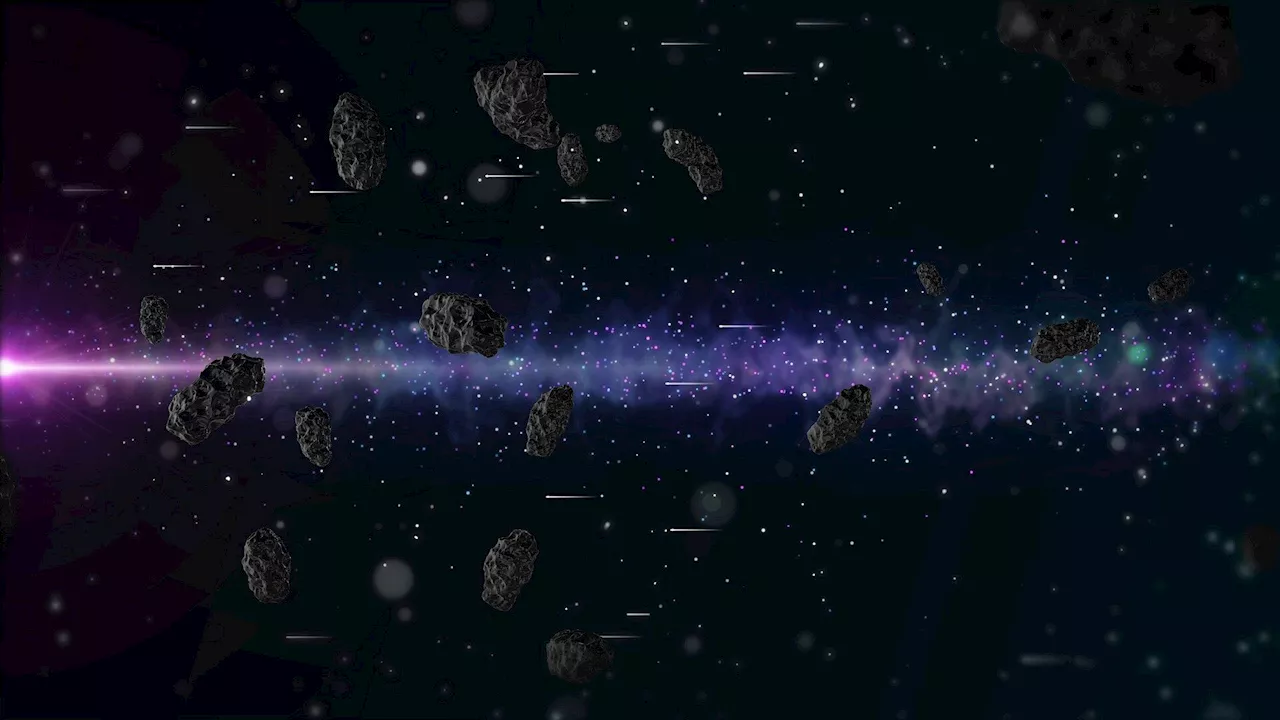 Astronomers suggest up to 60% of near-Earth objects could be dark cometsUp to 60% of near-Earth objects could be dark comets, mysterious asteroids that orbit the sun in our solar system that likely contain or previously contained ice and could have been one route for delivering water to Earth, according to a University of Michigan study.
Astronomers suggest up to 60% of near-Earth objects could be dark cometsUp to 60% of near-Earth objects could be dark comets, mysterious asteroids that orbit the sun in our solar system that likely contain or previously contained ice and could have been one route for delivering water to Earth, according to a University of Michigan study.
Read more »
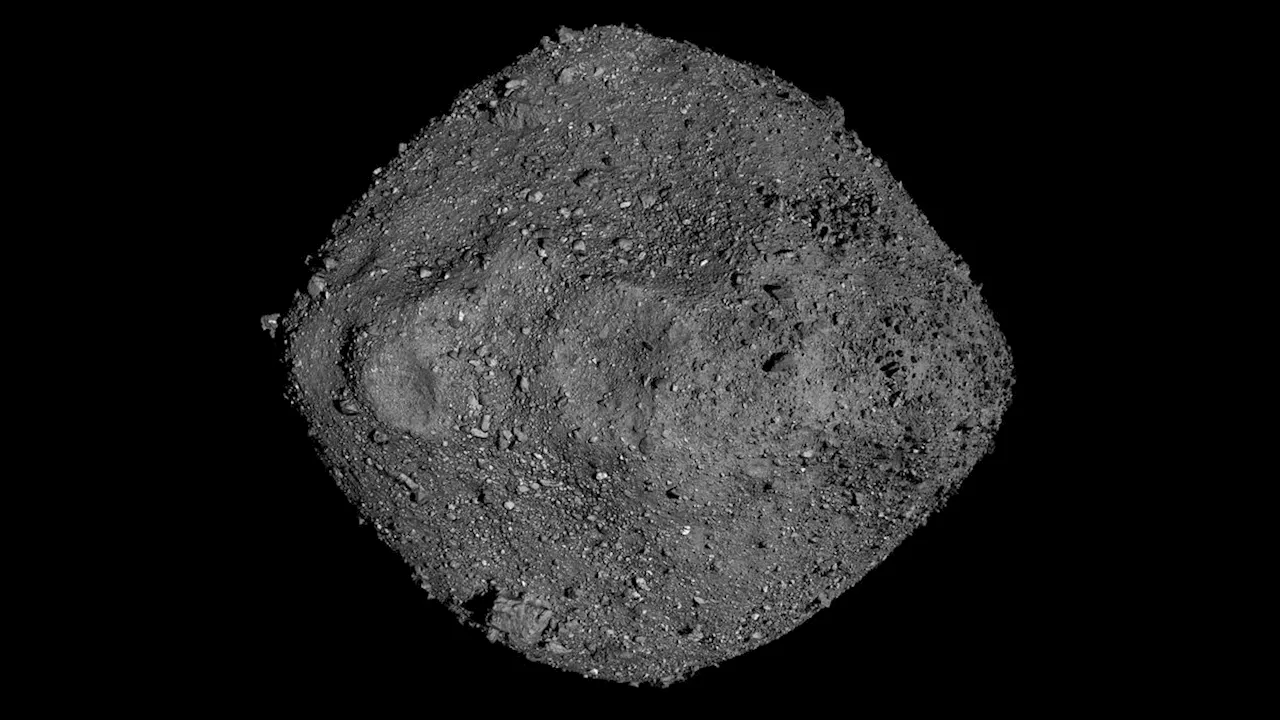 'Dark comets' may have given Earth its water long agoKeith Cooper is a freelance science journalist and editor in the United Kingdom, and has a degree in physics and astrophysics from the University of Manchester.
'Dark comets' may have given Earth its water long agoKeith Cooper is a freelance science journalist and editor in the United Kingdom, and has a degree in physics and astrophysics from the University of Manchester.
Read more »
